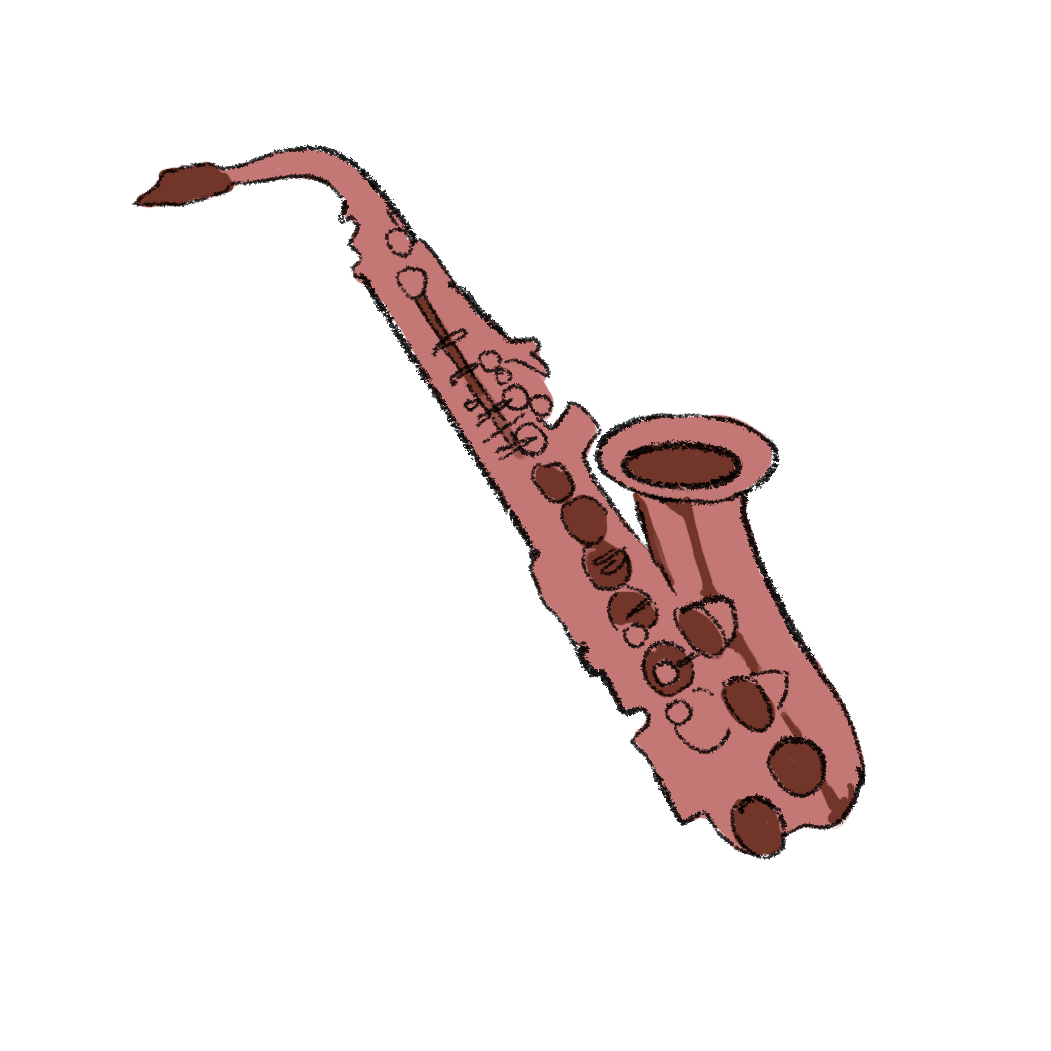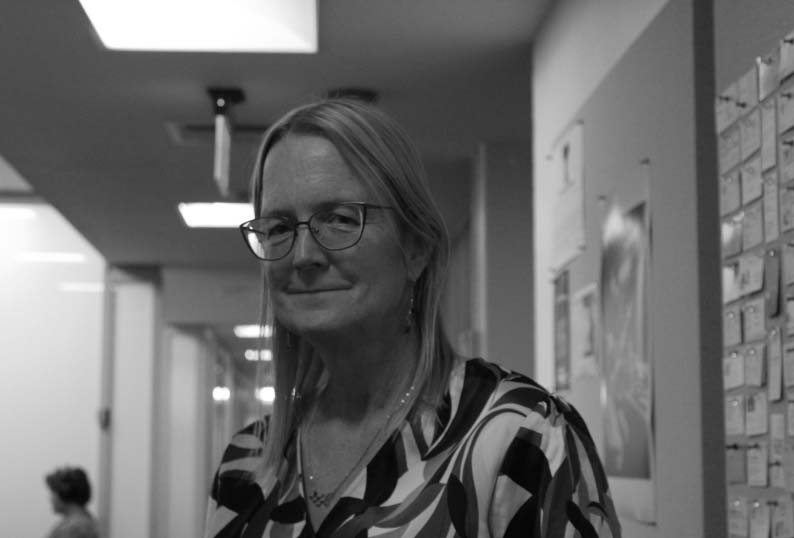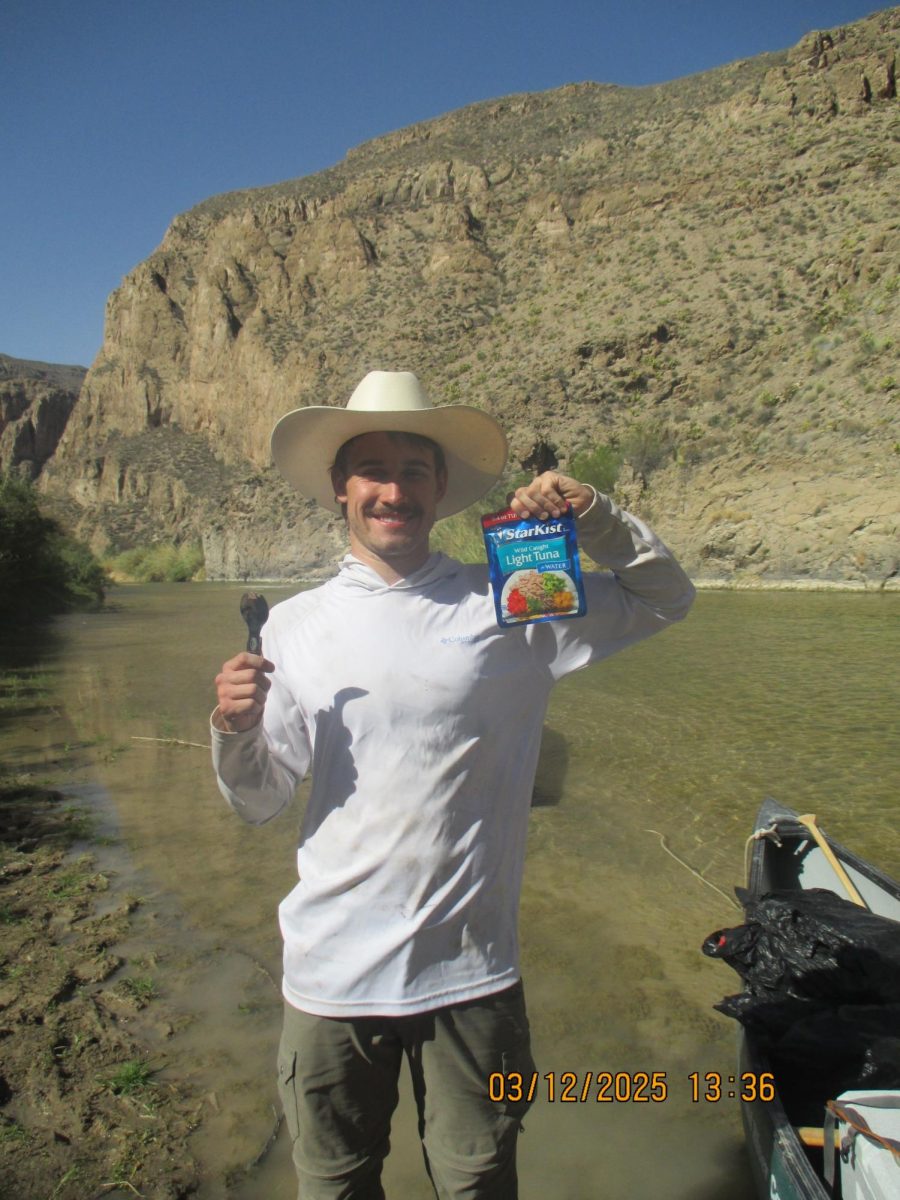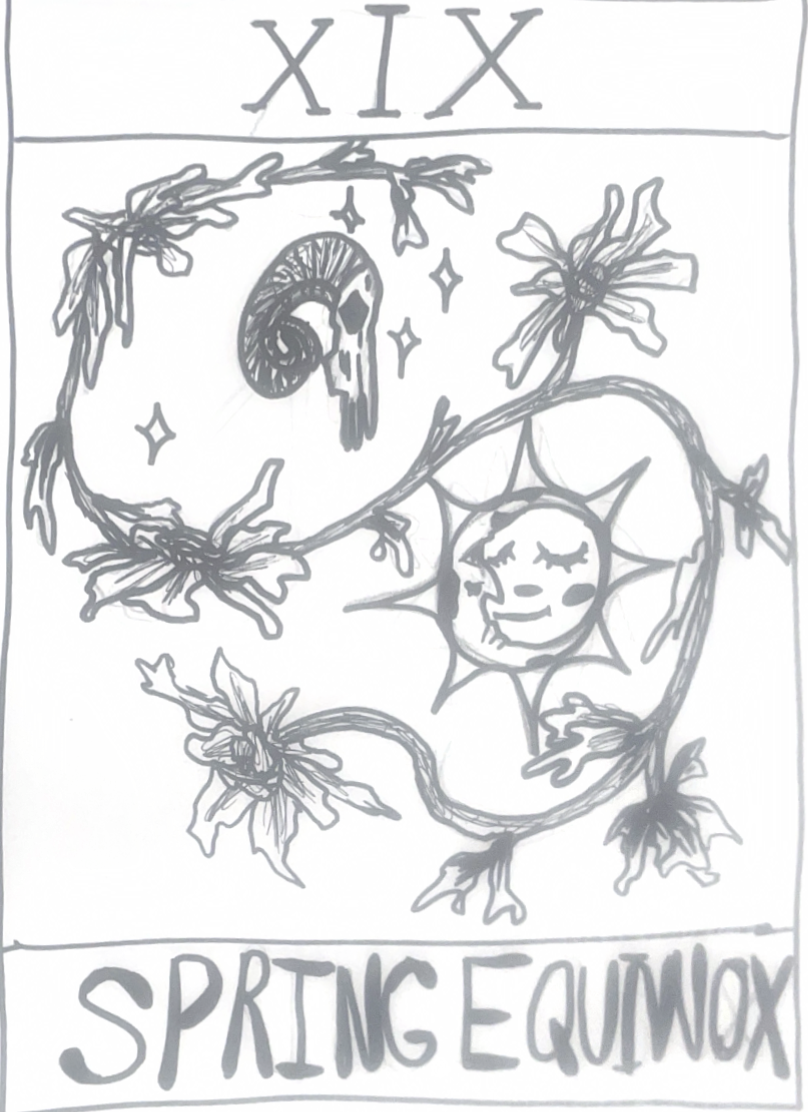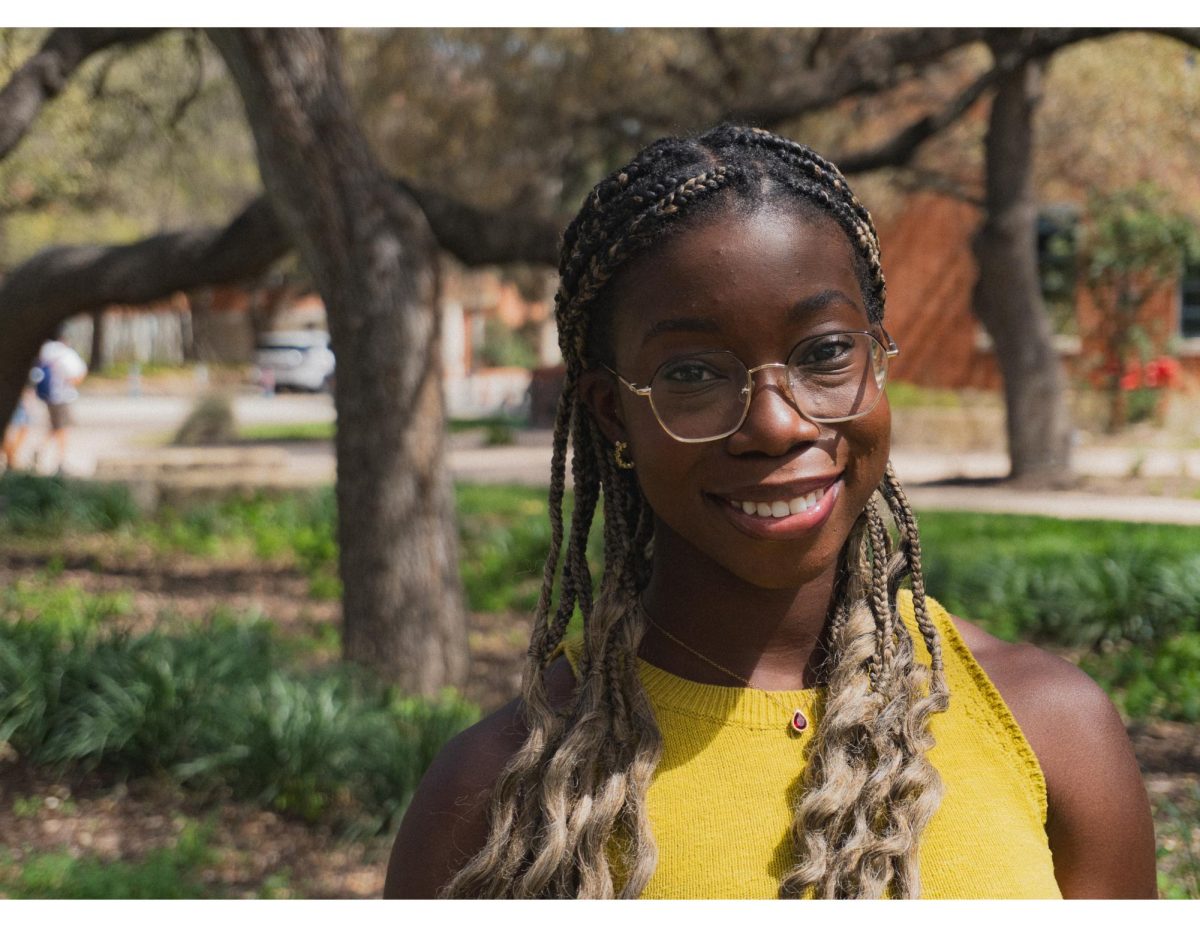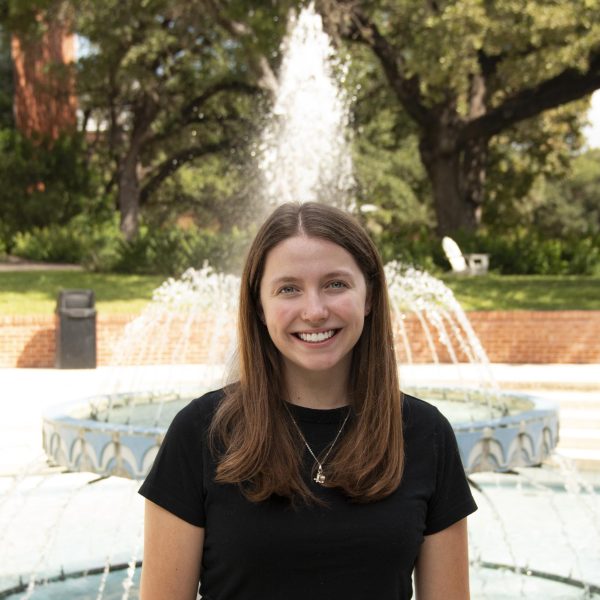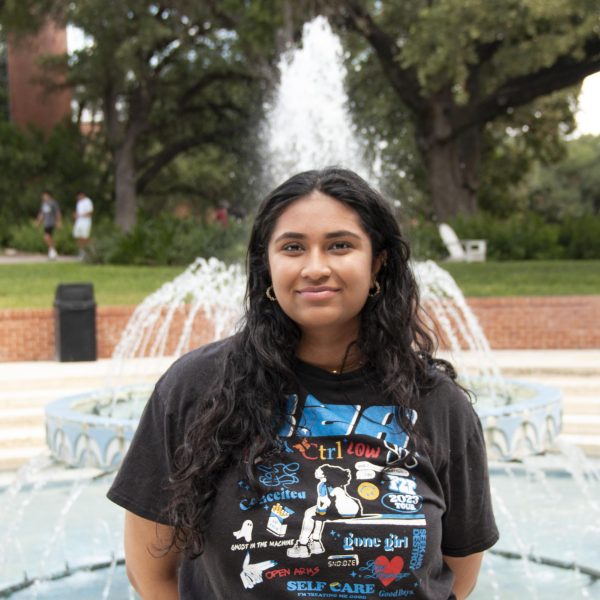On the morning of Wednesday, Nov. 6, an atypical silence shrouded campus. According to a Trinitonian survey of 214 students conducted the morning of Tuesday, Nov. 5, 71.6% of students thought that Kamala Harris would win the presidential election.
Elise Cauley, sophomore neuroscience major, spoke to her disbelief of the results. She said that as a woman, her reproductive rights and health care rights in general are going to be hindered.
“I feel like it’s not actually representative of the American population,” Cauley said. “Maybe it’s because we go to Trinity, and Trinity is mostly liberal, so maybe I have a skewed perception of what America is now, but seeing that Trump won the popular vote — I was shocked, because I didn’t feel like that was really representative of America.”
Americans made their voice heard at the polls, but the outcome affects international students too. Eric Fossen, sophomore business and economics double-major, is an international student from Brazil. He said that to maintain his status as an international student in the U.S., he needs to make sure that none of his actions are seen by anyone else as wrong.
“As an international student, my main concern is, ‘Hey, am I gonna be able to go back home?’ Or, like, ‘Am I able to hold my visa?’” Fossen said. “According to stuff that happened in the past, that makes me worried about his decisions.”
Only 13.6% of students surveyed said they wanted Donald Trump to win the election. Clayton Lansford, sophomore engineering sciences and physics double-major, is Trinity’s chapter president of the Young Conservatives of Texas (YCT). Because YCT is a state organization, the group campaigned for specific state candidates, such as Senator Ted Cruz and Bexar County Commissioner Grant Moody. Although they didn’t specifically campaign for Trump, Lansford said that the organization is pleased that the conservative candidate won.
“People will probably be sad, because a lot of people are over-invested in politics, but at the end of the day, the president doesn’t affect you that much, and local elections are much more important,” Lansford said. “Things won’t change that much. It’s not that big of a deal, but people will think it’s a big deal and get mad over it.”
Kate Schulle, senior political science and English double-major, said that despite her disappointment with the results, she is optimistic for the future.
“I think we have a choice. We’re at a very pivotal moment where we either allow ourselves to become more divided, or we let this be the opportunity to become unified as a group and as a community and really learn to care about each other,” Schulle said.


